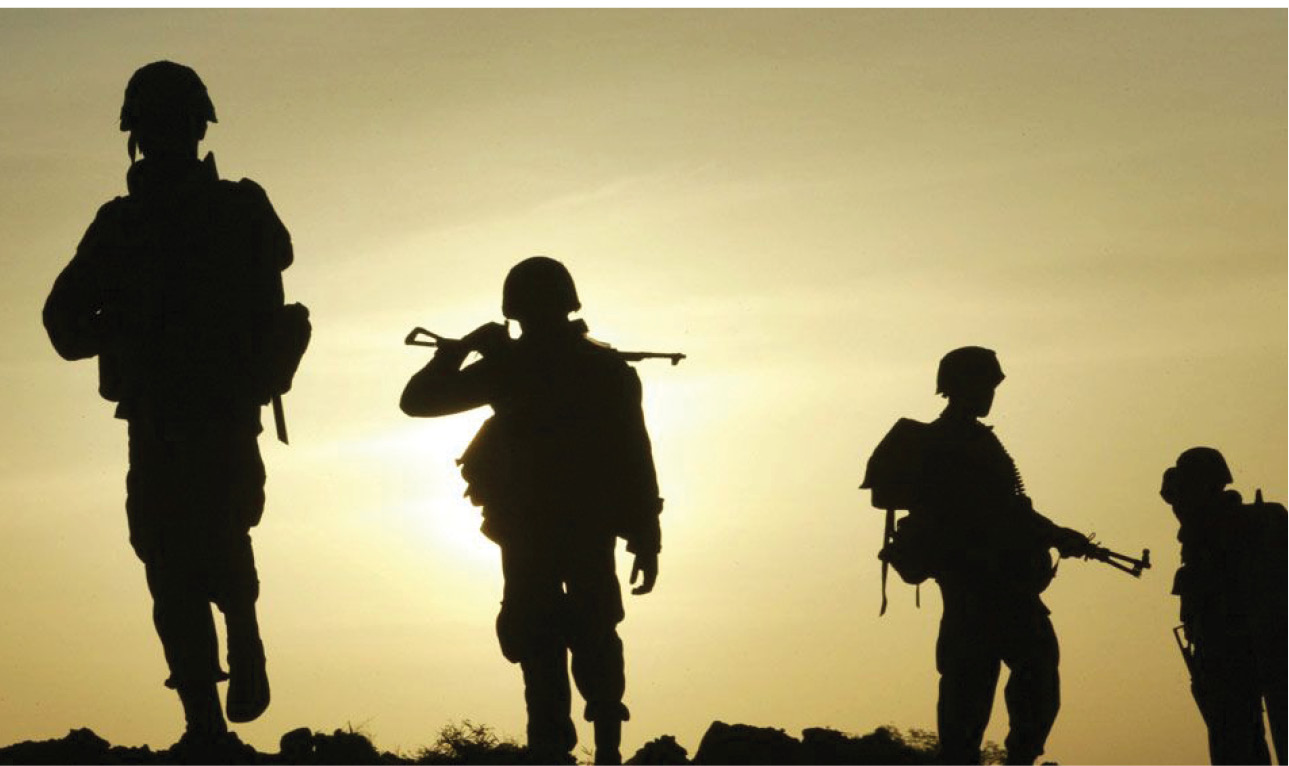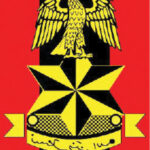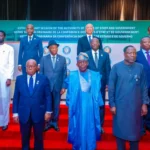By Charles Onunaiju
“As far as we’re concerned, it’s not a coup; it is the liberation of a country, which was being governed by people, who were incompetent” – Burkina-Faso military coup supporter.
The Economic Community of West African States (ECOWAS), the fifteen member sub-regional group would have to adorn its fire brigade attire once again, the third time in less than two years, to put out the fire of yet another full blown military takeover of a member state. And to make matters even more intractable, a section of the military struck in Guinea Bissau to seize power but has been unsuccessful, barely two weeks after the successful military coup in Burkina Faso.
- 205 universities not enough for Nigeria – NUC
- Nigeria’s future rests on science and technology – Buhari
The military in Burkina Faso on January 24 snatched former President Christen Roch Kabore and announced that his government had been taken over, because extremist Jihadists had held the country by the jugulars especially in its outskirts.
Furthermore, the military alleged that as the economy stagnates and heads to the tailspin as a result of insecurity, politicians are surfing around the land to award themselves another tenure to continue the same thing.
However, while the charges reeled out by the military to justify their new fad of up-ending the democratic order; on the surface of it, is unassailable. The experience with military rule in the sub-region and beyond does not lend itself to any optimism that junta rule is any credible alternative to the misdemeanors of the civilian elites.
The fact that the military or, more appropriately, elements within it consider seizure of political power as a way to resolve the crises of the state and the excesses of the one faction or the other of the civilian political elite and in most cases, found popular approval, suggest the democracy project in the region suffers from a critical deficit of popular ownership. The problem of worsening insecurity, deepening of grinding poverty, abuse of public offices, wide spread and mindless corruption among the political elite, grand corruption and inefficiency in the bureaucracy or public service are daily experience of the people, even as the institutions and grand rules of democracy which include rule of law, existence of the parliament, periodic elections which are sometimes free and fair are in full display.
Obviously, the grand rules of democracy and the existence of all the paraphilia of it, without the most vital or important aspect of delivering service that feeds directly into solving practical problems, leave democracy on a downhill descent to a mere hollow ritual.
Experience has also demonstrated that the rules and institutions of state under democracy are routinely violated and manipulated by the same civilian elites who operate them, thereby stunting their growth and vitiating their capabilities for efficient service delivery.
To perpetuate that sort of democracy, seated on rules alone and which principally benefits the operators rather than the generality of the people is not feasible and consequently and inevitably vulnerable to a clique within the military or any other organised armed group that might make a bid for power grab. The greatest undoing of the civilian elite “democratically elected” within the sub-region and beyond is their inability to innovatively manage and improve the economy because their essential understanding of democracy and its rule of the civilian elites is mostly, entitlement. The economies of the sub-region despite years of democratic rule have neither revived nor appreciably grown in a broadly inclusive and sustainable manner. The abundance of human capital has not been brought to bear, because policy focus on building human capacity has not been prioritised.
In the past; nearly three decades, democracy in the West African sub-region has been largely process-oriented, rule-based and procedural but for democracy to be owned by the people in the sub-region, it needs to be result-oriented and substantive so that it does not just become a machine to ferry the civilian elites to good life of privileges, entitlements and opulence but a mechanism to process inclusive and qualitative improvements in the living conditions of the people.
The ECOWAS would find its job of superintending democracy in the region easier if it shifts its focus from who is breaching the rule of democracy to how democracy is delivering on the basic needs of the people and spurring them to contribute to the growth and expansion of the economies in the sub-region. Calling out and denouncing military adventurists within the region while the people dance and sing on the streets to welcome them will not do anything to turn the tide. Even if military regimes are suffocated and made to pay heavy prices, which is not even the case at the moment, the reality that the cliques and elements within the military can successfully seize power is the more reason to closely monitor the health of the democratic process in the sub-region and not to haul invectives when the process is dead.
The ECOWAS should help itself by establishing a permanent organ for outreach, to civil societies, organised labour, intellectuals, youth and women organisations, peasant groups, farmers, artisans in order to constantly evaluate democracies in the sub-region on their abilities to deliver on poverty alleviation and reductions, access to quality health, education and water and more importantly the commitment by the ruling elites of the various countries to innovate economic policy that gives scope to optimising productivity in the industrial and agricultural sectors.
Mr Onunaiju is a research director of an Abuja-based Think Tank

 Join Daily Trust WhatsApp Community For Quick Access To News and Happenings Around You.
Join Daily Trust WhatsApp Community For Quick Access To News and Happenings Around You.

